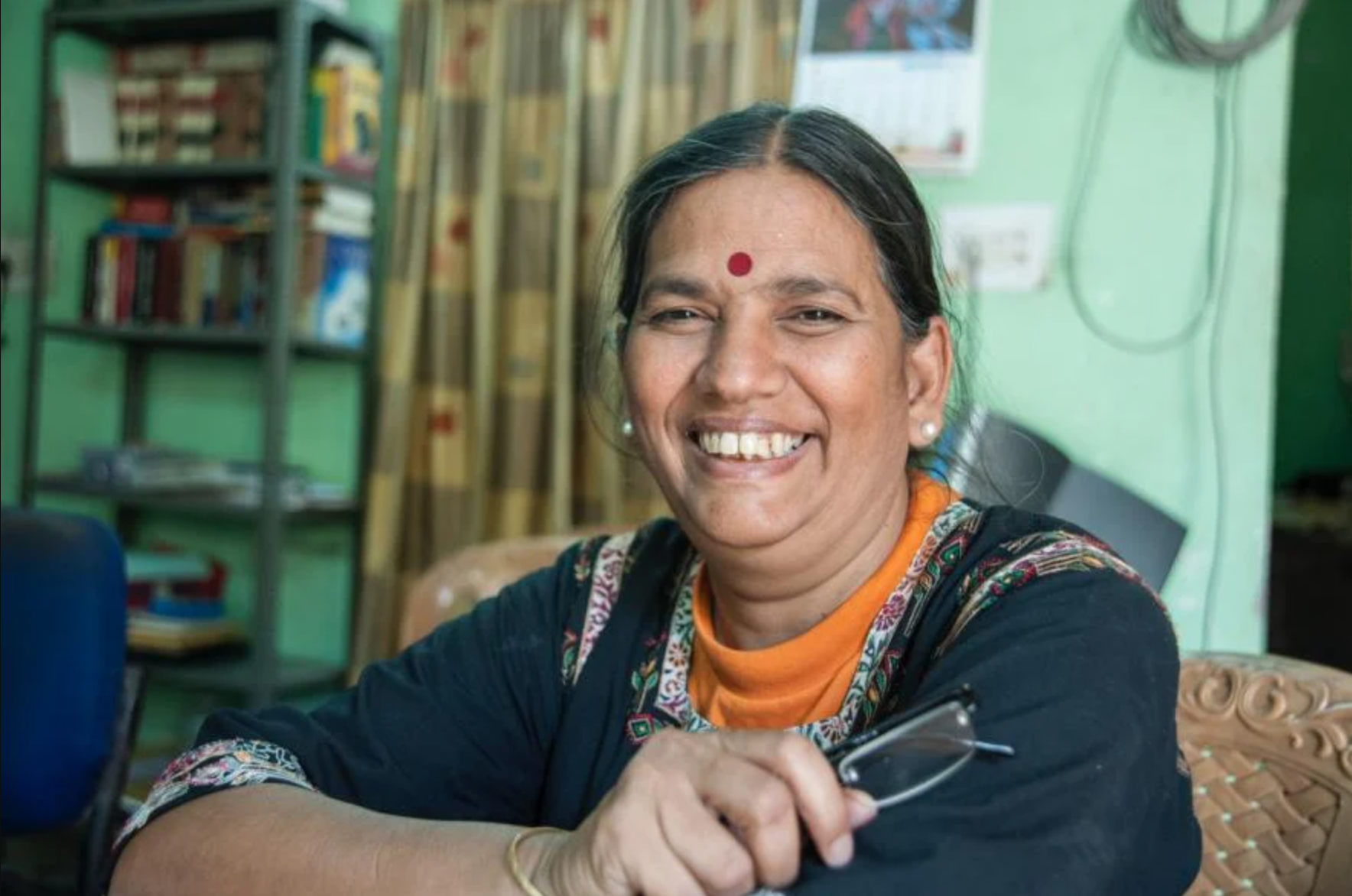Sudha Bharadwaj's Message Marking 75th Anniversary of International Human Rights Day

By Sudha Bharadwaj
On 10th December 2023, we shall observe the 75th anniversary of the Universal Declaration of Human Rights (UDHR).
The UDHR was born when the Second World War had just ended, causing more than 5.5 crore military and civilian casualties and another 2 crore deaths from war related diseases and famine, and people all over the world wanted an end to wars and genocide. On the other hand, there was the enormous hope generated by the liberation of more than 60 nations of Asia and Africa from colonial rule and occupation to gradually enter the fraternity of the United Nations as free and equal partners.
It is tragic then, that the 75th anniversary shall be observed amidst bombs falling on refugee camps, attacks on hospitals and ambulances, and more than 11,000 casualties in the Gaza strip – largely women, and children; after the United States has used its veto (for the 46th time in the context of Palestine) on a Brazil-led Resolution on 27th October; and finally after the passing of a Malta-led UN Security Council Resolution 2712 on 15th November by a vote of 12 in favour to none against, with 3 abstentions (Russian Federation, United Kingdom, United States), by which it has called for “urgent and extended humanitarian pauses and corridors through the Gaza Strip to facilitate the provision of essential goods and services.”
Clearly war, occupation, genocide and the inequality of nations continues. The year 2022 recorded the largest number of refugees ever documented – more than 34 crore.
According to the World Inequality Report 2022, prepared under the leadership of Lucas Chancel and coordinated by Thomas Piketty, Emmanuel Saez and Gabriel Zucman – while the gap between the average incomes of the richest 10% of countries and the average incomes of the poorest 50% of countries did drop from around 50 times to a little less than 40 times over the last two decades, inequalities have increased significantly within countries. The gap between the average incomes of the top 10% and the bottom 50% of individuals within countries has almost doubled, from 8.5 times to 15 times. A tool that this Report uses to understand these inequalities is to focus on the gap between the net wealth of governments and net wealth of the private sector. It comments, “Over the past 40 years, countries have become significantly richer, but their governments have become significantly poorer. The share of wealth held by public actors is close to zero or negative in rich countries, meaning that the totality of wealth is in private hands. This trend has been magnified by the Covid crisis, during which governments borrowed the equivalent of 10-20% of GDP, essentially from the private sector. The currently low wealth of governments has important implications for state capacities to tackle inequality in the future, as well as the key challenges of the 21st century such as climate change. …. Global multimillionaires have captured a disproportionate share of global wealth growth over the past several decades: the top 1% took 38% of all additional wealth accumulated since the mid-1990s, whereas the bottom 50% captured just 2% of it.”
Clearly inequality, the concentration of wealth has not reduced either. It is estimated by the International Labour Organisation that nearly 5 crore people were victims of “modern slavery” in any day of 2021.
And yet, is there hope? Yes, of course. The tens of thousands of people defiantly marching in the UK and the USA for immediate ceasefire in Gaza despite the stand of their governments. The resurgence of union struggles all over Europe demanding better wages and pensions and union rights. The fact that in May 2023, The Economist bemoaned that, “Across Latin America, 12 of 19 countries are now run by left-wing governments. They represent 92% of the region’s people and 90% of its GDP”. In our own country – the remarkable one-year long movement of the farmers at the borders of New Delhi demanding the roll-back of pro-corporate farm laws; or the equally remarkable nation-wide movement against the Citizenship Amendment Act and its discriminatory anti-minority provisions.
The governments may not be, but the people of the world stand with the spirit of the Universal Declaration of Human Rights. Against inequality, discrimination, torture and unjust incarceration; and for the freedom of expression, association and self-government. We shall overcome.
Sudha Bharadwaj is a human rights lawyer, trade unionist and most recently, author of ‘From Phansi Yard: My Year with the Women of Yerawada’.